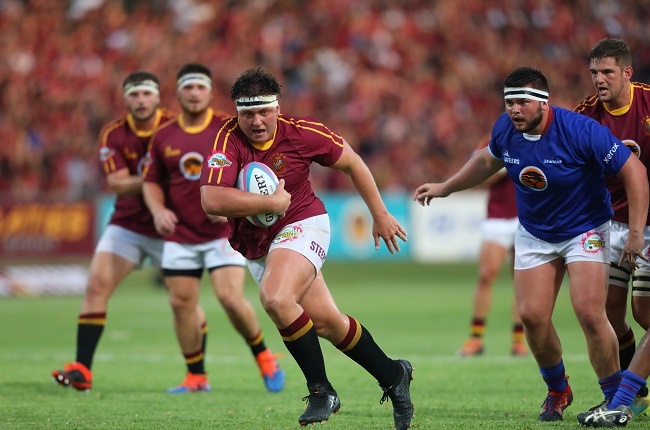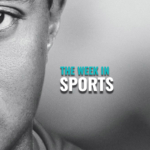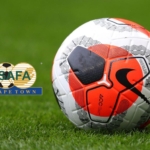The City of Cape Town has made sports facilities available for both professional and amateur sports – but with the City, federations and clubs not seeing eye to eye, it could be a while before certain codes resume activities at the grassroots level.
The contention centres around who should take responsibility for managing the risk of contracting coronavirus and who should implement COVID-19 protocols and supply Personal Protective Equipment (PPEs).

The City’s Department of Recreation and Parks made it clear in a statement last week that sporting bodies must take responsibility for ensuring COVID-19 safety of all participants – including players, coaches, officials and medical staff.
“Sporting bodies must, therefore, consult and familiarise themselves with the content of the Amended Level 3 Regulations and the directions to ensure compliance with all legislative, operational, health and safety protocols prescribed therein,” the statement issued by Franklin Anthony, head of Programmes, Events and Partnerships, read.
He said the City will also not be responsible for any sanitation or any other services that may be required before or after use, which shall be the responsibility of the users. The municipality will not accept any liability with reference to the users operations at the facility in relation to any adverse consequences that may result from COVID-19 virus.
The statement did not go down well with some users.
Amateur football authorities described the City notice (availing sports facilities) as “confusing” the process of return to play. “At this point in time the return to play will only be allowed at risk level 1 as previously declared by the National Federation or unless otherwise informed,” a message from SAFA Cape Town which was circulated to members last week, read.
SAFA Cape Town said they would also be engaging the City regarding “this confusing notice” as “we are supposed to be working together”.
As the message notes: “You will also notice that they are washing their hands off over the risk of contracting the disease and leaving it to lessors to implement COVID-19 protocols and supply PPE’s. The Federation will not want to risk this. Once we have gathered all the necessary information we will share it with the membership and consult accordingly.”
Clubs, on the other hand, feel that more should be done to speed up the process of return to play, and some have resorted to joining informal tournaments in breach of SAFA’s decision.
Meanwhile, the Western Cape’s four universities are hard at work in preparation for the 2021 season of the Varsity Cup and Varsity Shield competitions – South Africa’s premier university rugby championships.
This comes after the Varsity Cup Board agreed that the Varsity Cup and Varsity Shield, which were prematurely cancelled last year as a result of the COVID-19 pandemic, should go ahead this year.

Three Western Cape teams – reigning champions Maties from Stellenbosch University, the Ikey Tigers from the University of Cape Town and the University of the Western Cape – will form part of the 10-member Varsity Cup competition, while the Cape Peninsula University of Technology will do battle in the Varsity Shield tournament.
One of the key decisions was that there would be no relegation and promotion between the Cup and Shield this year, and that 2021 and 2022 logs will be combined to determine promotion/relegation going forward.
The organisers are also considering a bio bubble and cheaper alternatives of coronavirus testing, as those stipulated by the South African Rugby Union were considered to be too expensive for member universities.
More details are set to be communicated in due course – we’ll keep you posted.



